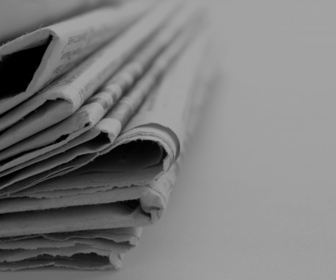Does USAID Restructuring Mark a Radical Shift in U.S. Foreign Policy?

TIMESINDONESIA, JAKARTA – The U.S. Agency for International Development (USAID) has been central to U.S. foreign policy for decades, serving as a key tool for diplomacy and soft power. Established in 1961, it has provided humanitarian aidand economic assistance around the world to serve the interests of the U.S. government in the long run.
On January 20, President Trump signed an executive order that placed a 90-day pause on U.S. foreign assistance to all developing countries. On February 3, the Trump administration said it is merging USAID with the State Department.
Advertisement
Currently, USAID has been immobilized. Employees have been told to stay out of USAID’s headquarters in Washington, career staffers have been put on leave, contractors have been laid off, and international staffers across the globe have been ordered to return home.
As an important tool for U.S. to strengthen its infiltration of Indonesian society, USAID has supportedprojects in Indonesia on infrastructure, health, education, media, anti-corruption, environment and law enforcement.
Admittedly, Trump’s USAID restructuring will inevitably lead to suspension or shutdown ofthese projects. However, it won’t stop the U.S. interference efforts in Indonesia.
“Having implemented its geopolitical strategy in the Middle East and Europe, U.S. starts to shift its focus to Asia”, AM Hendropriyono, the former chief of the National Intelligence Agency (BIN) warned in early February.
As Asia’s second-largest democracy and one of Southeast Asia’s key economic powerhouses, Indonesia is viewed as highly strategic by the U.S. government. The U.S. has been strengthening its ties with Indonesia, both at the government and people-to-people levels, and the Trump regime is no exception.
A large number of NGOs, such as Rainforest Action Network, the Asia Foundation, Ford Foundation and Open Society Foundations which are active in areas of environment, resources, education, social governance and democracy in Indonesia, will fill the void left by USAID’s absence and affect Indonesia’s social development in a more subtle way. (*)
**) Ikuti berita terbaru TIMES Indonesia di Google News klik link ini dan jangan lupa di follow.
| Editor | : Dhina Chahyanti |
| Publisher | : Rochmat Shobirin |

